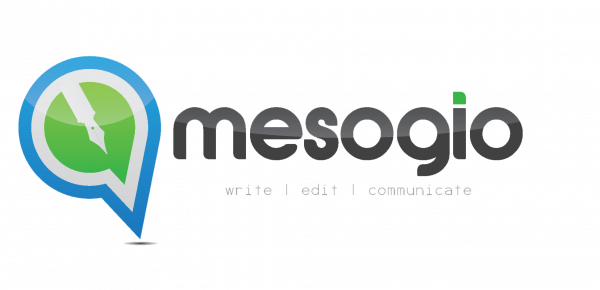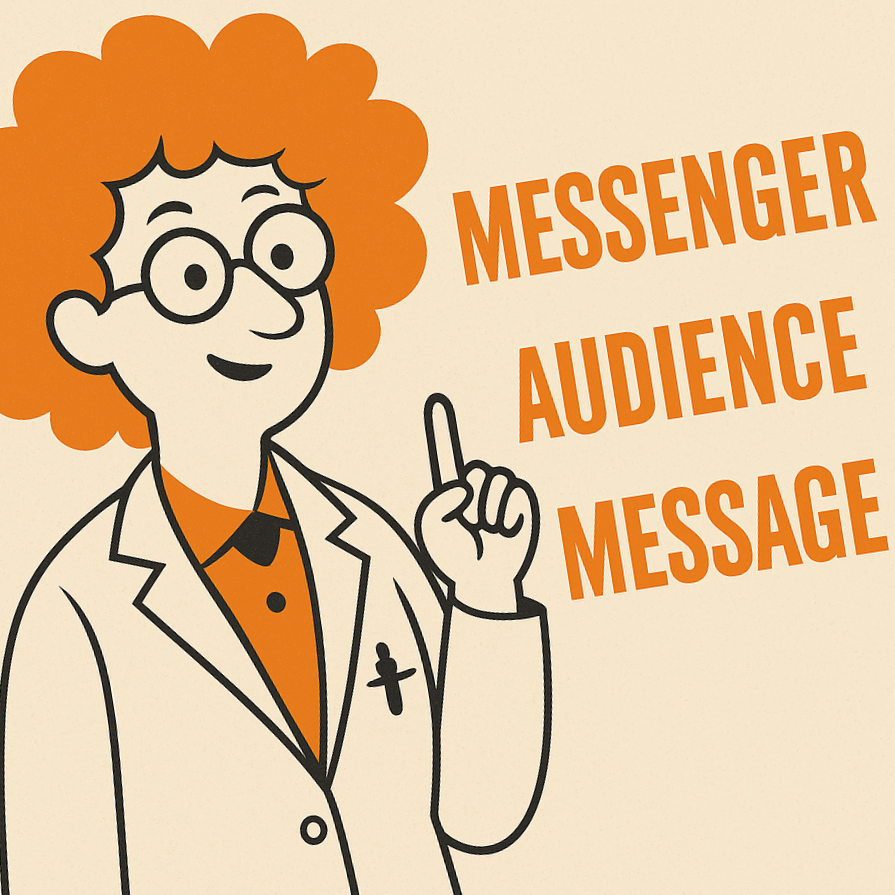The Human Turn in Science Communication
The Human Turn in Science Communication
For decades, science communication followed a simple logic: deliver facts, correct misunderstandings, move on.
It worked — until it didn’t.
Today, audiences don’t just want to hear from scientists. They want to know them.
That’s the argument in Annie Li Zhang’s dissertation, The Scientist’s (Social Media) Playbook, which flips the old “deficit model” on its head. Instead of focusing on what people don’t know, it explores how scientists build trust by showing who they are — not just what they know.
Make it stand out
Whatever it is, the way you tell your story online can make all the difference.
The Messenger
Zhang’s interviews with 24 visible scientists revealed a quiet evolution: scientists are now performing two roles at once. They must stay credible and stay human.
That means balancing lab coats with lived experiences — showing a pet, a failure, or a fear, without undermining expertise. Authenticity is no longer a side note; it’s strategy.
The Audience
A survey of 878 people found that the more audiences see scientists online, the more they expect them to sound real. Relatability, warmth, even a touch of vulnerability — these shape public trust more than polished press releases ever could.
And here’s the twist: political identity shapes what “normal” looks like. The messenger meets the bias before the message does.
The Message
In an experiment with nearly 2,000 participants, Zhang tested what happens when scientists share their struggles. The results were clear: honesty about imperfection builds integrity and empathy. People are more likely to support science — and seek it out — when they can identify with the person behind it.
A New Playbook
Science communication has become relational. The new rulebook isn’t about transmission — it’s about connection.
It’s about performing authenticity without losing integrity.
For science. For institutions. For all of us working in communication — the same lesson applies:
The messenger is the message.

